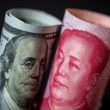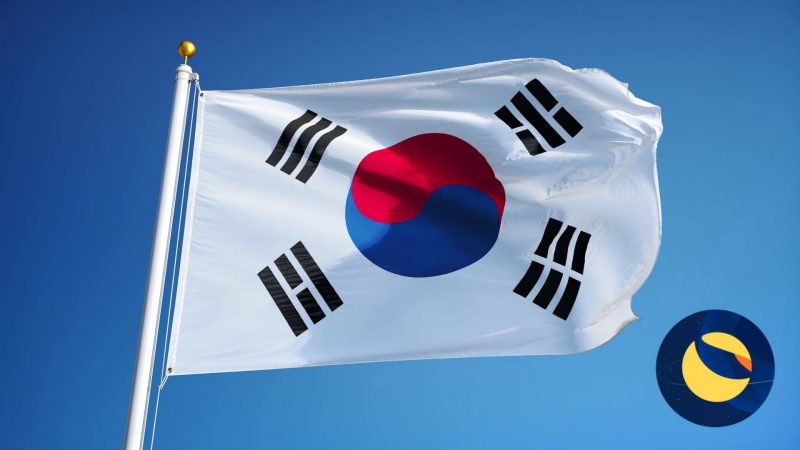With the Terra (LUNA) and UST debacle, crypto communities around the world have entered into a shock. Many countries are speeding up their regulatory policies in order to tackle such events in the future. The UK has revealed that it wants to regulate stablecoins, as stated by Her Majesty’s Treasury Spokesperson.
South Korea, it has now come to light, also wants to speed up its crypto oversight in light of the events surrounding Terra’s LUNA and UST coins.
South Korean financial authorities are allegedly conducting an emergency examination of digital assets in order to expedite the implementation of the “Digital Asset Basic Act”, the country’s planned cryptocurrency regulation.
The impending “Digital Asset Basic Act” in South Korea is set to be passed in 2023 and implemented in 2024. Officials told local media that the Terra-LUNA fiasco would likely hasten the implementation of virtual currency rules in South Korea.
While the legislation’s provisions have yet to be released, authorities told local media that it will most likely be aimed at safeguarding investors. Following the LUNA crisis, officials want the Financial Services Commission (FSC) and the Financial Supervisory Service (FSS), the two regulatory organizations in charge of digital assets, to improve awareness among digital asset investors. Because existing regulations are solely targeted toward anti-money laundering problems, the South Korean government currently has no legal basis to take direct actions to audit or supervise the Terra platform.
Although Terra (LUNA) is based out of Singapore, its founder, Do Kwon, is a South Korean national.
The National Police Agency of South Korea announced on Monday that it is actively following the LUNA scenario but has no plans to investigate Terraform Labs at this time. When asked about the CEO being sued overseas, police authorities underlined that no civil charges had been filed against him.





